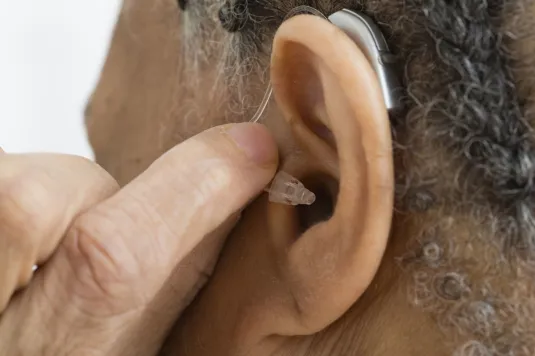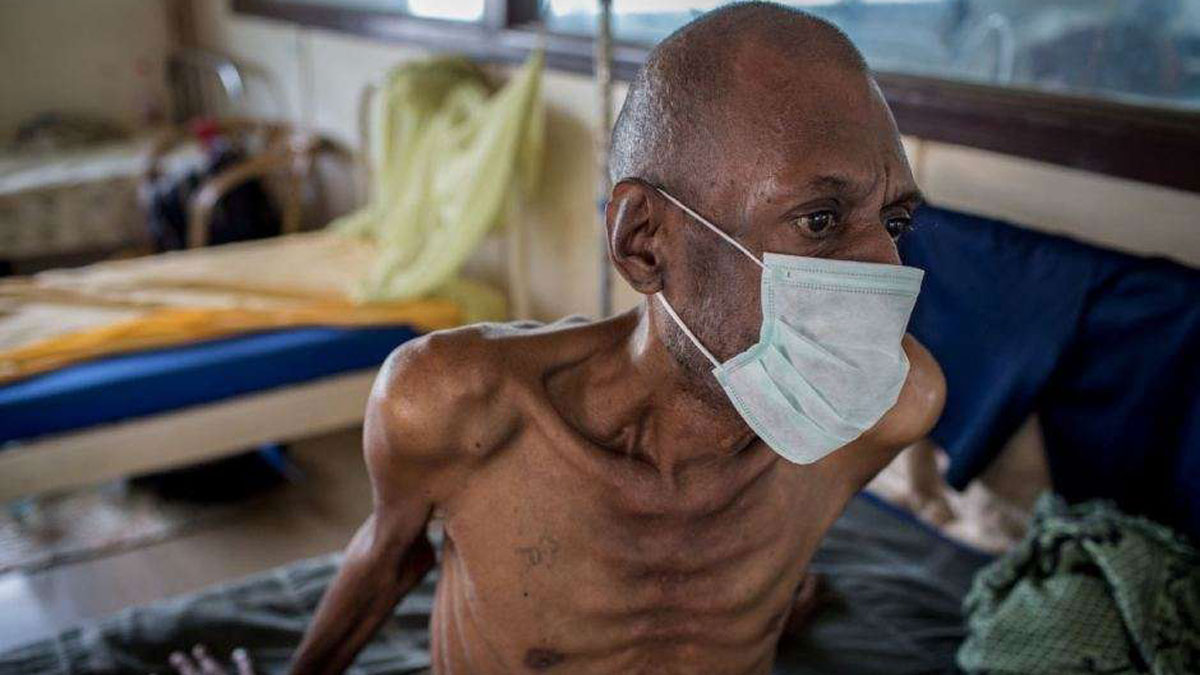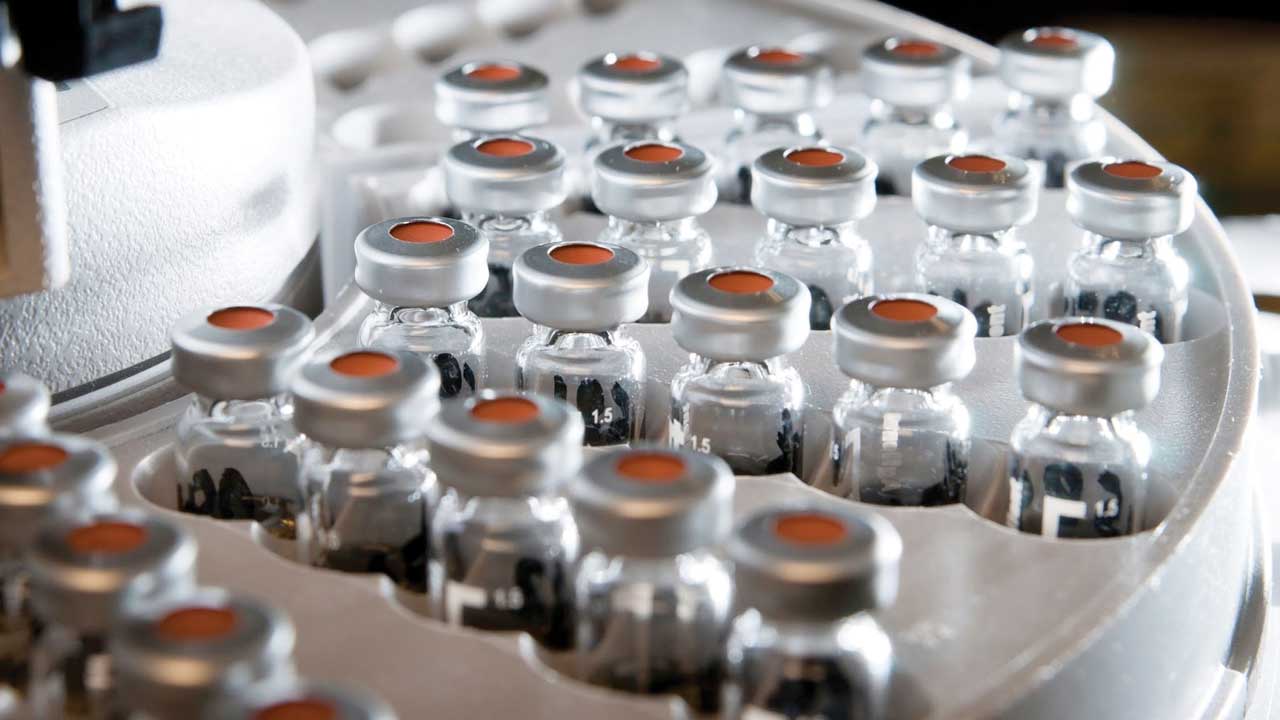The Speech Pathologists and Audiologists Association of Nigeria (SPAAN) has raised alarm over the growing prevalence of hearing and speech disorders in the country, revealing that about eight million Nigerians are currently living with various forms of hearing impairments.
President of SPAAN, Prof. Julius Ademokoya, disclosed this during the association’s yearly conference held at the University of Ibadan, Oyo State, where he urged the Federal Government to take urgent steps to address what he described as a “silent public health crisis.”
According to him, six out of every 1,000 children born in Nigeria suffer from congenital hearing loss, while many adults also contend with hearing and speech disorders arising from accidents, drug abuse, infections, or genetic conditions.
“Any untreated hearing problem constitutes a serious challenge not only to the individual but also to the family and the country at large,” Ademokoya said.
He lamented that low awareness, stigma, and delayed diagnosis continue to worsen the problem, as many families often ignore early warning signs in children.
“In our country, we believe that when a child is not talking, he will soon grow out of it. That belief is wrong,” he warned. “Many people suffer silently because they lack access to therapy and professional care.”
Ademokoya cautioned that untreated communication disorders can lead to mental health challenges, including depression, drug abuse, and even suicide, as affected individuals struggle with social isolation and frustration.
“Some individuals go into drug abuse because they have untreated speech or hearing problems. They are frustrated, and nobody helps them. These are serious issues the government must look into,” he added.
SPAAN reiterated its commitment to promoting awareness and providing professional support services to improve communication, health and inclusion for people living with hearing and speech challenges across Nigeria.
Also speaking, the Special Adviser to the Ekiti State Governor on Special Education and Social Inclusion, Mrs Adetoun Agboola, urged parents not to hide children with disabilities, stressing that every child deserves access to education and inclusion.
“Disability is not a sentence; it is a condition that requires support. Parents must seek help early and ensure their children are integrated into society,” she said.
Earlier, the Registrar and Chief Executive Officer of the Medical Rehabilitation Therapists Board of Nigeria, Prof. Rufai Ahmad, called for stronger collaboration between government agencies, professional bodies, and parents to promote early intervention and preventive care.
“There must be cooperation between government, associations, and parents if we are to develop sustainable preventive measures,” Ahmad stated.






